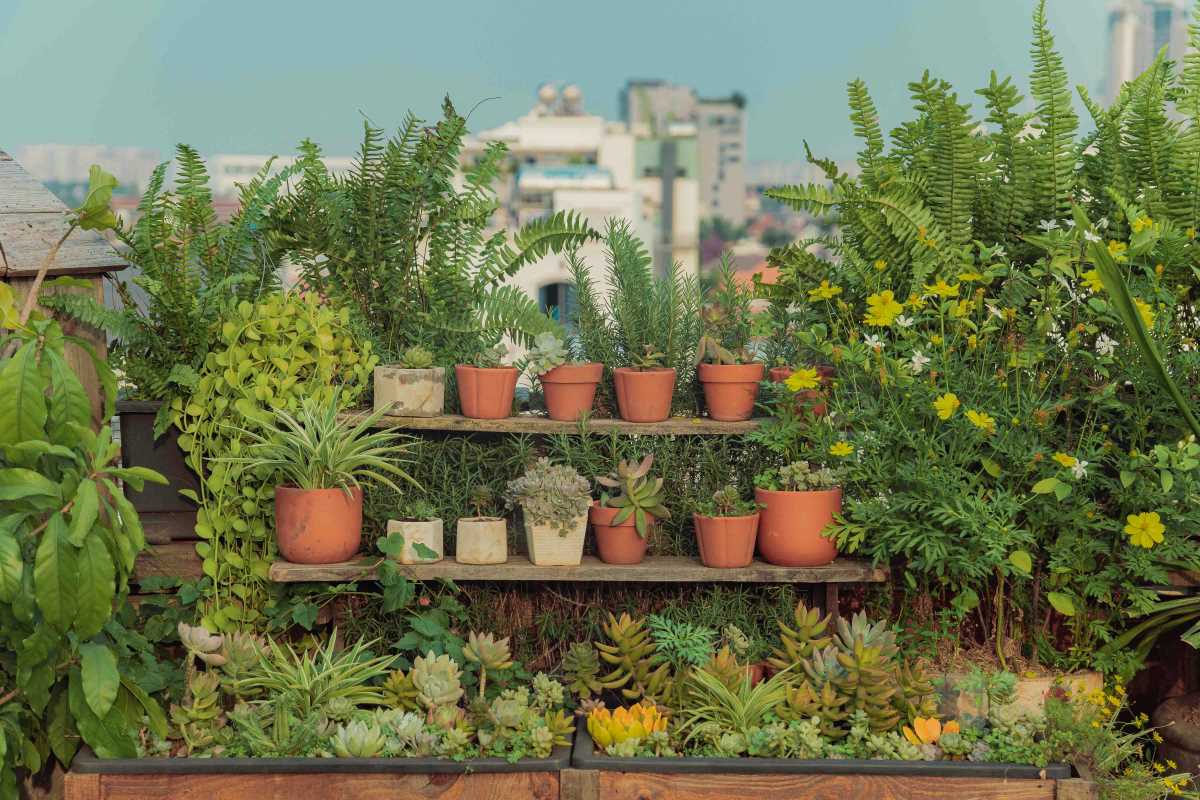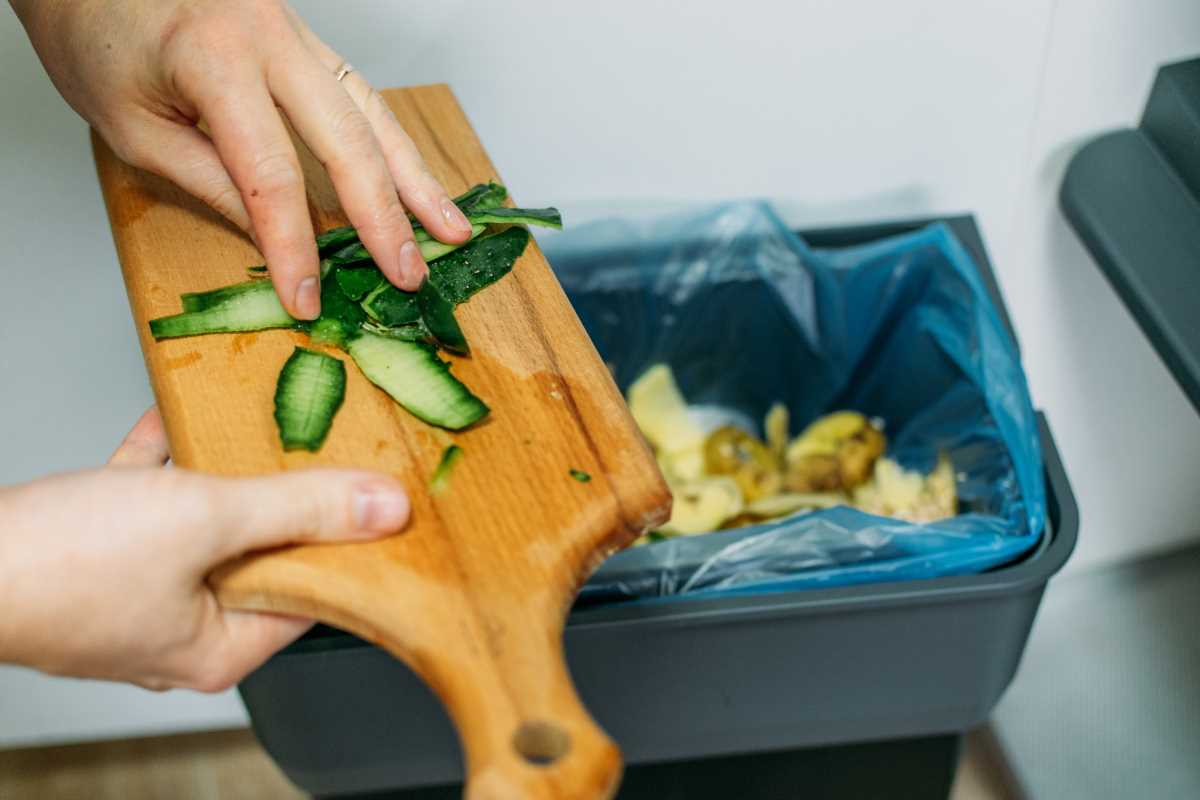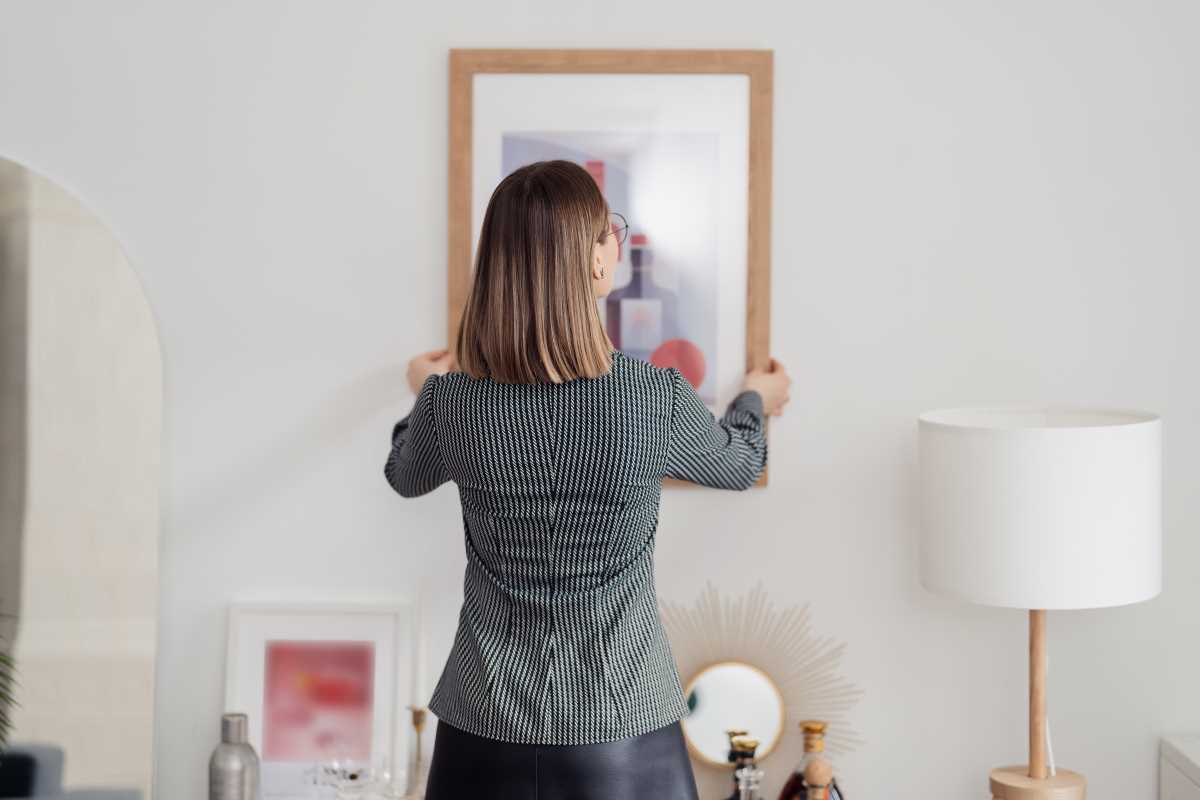Transforming a small balcony into a tranquil haven is not only achievable but also beneficial for the environment. Picture a zen garden that infuses your compact outdoor area with calmness and charm, offering a peaceful escape just steps away from your home. By embracing eco-friendly methods, you cultivate a space that is both sustainable and harmonious, enriching your living area while making a positive impact on the planet. This thoughtful approach not only enhances your personal sanctuary but also contributes to a healthier world, creating a perfect blend of mindfulness and nature right at your doorstep.
Planning Your Space
Before diving into the creation of your zen garden, understanding the dimensions and features of your balcony is essential. Start by measuring the available space to determine what can fit comfortably without feeling cramped.
- Measure the Area: Use a tape measure to get precise dimensions of your balcony. This helps you select appropriately sized containers and decorations.
- Assess Light Conditions: Determine the amount of sunlight your balcony receives throughout the day. This will influence your plant choices and placement.
- Consider Weight Limits: Balconies have weight restrictions. Opt for lightweight materials and avoid heavy planters that could compromise the structure.
- Evaluate Existing Structures: Take note of railings, corners, and any built-in elements that you can incorporate into your garden design.
Choosing Eco-Friendly Materials
Selecting sustainable materials serves as a cornerstone of creating an eco-friendly zen garden. These choices benefit the environment and add to the aesthetic appeal of your space.
- Recycled Planters: Use containers made from recycled plastics or repurposed materials like old barrels or wooden crates.
- Natural Stone: Incorporate stones or pebbles that you source sustainably, avoiding those that contribute to environmental degradation.
- Bamboo Accessories: Bamboo is a fast-growing, renewable resource perfect for garden features like fences or decorative elements.
- Organic Mulch: Choose organic mulches such as bark or straw to maintain soil health and moisture without synthetic chemicals.
Plant Selection and Arrangement
Choosing the right plants proves crucial for both the aesthetic and ecological aspects of your zen garden. Opt for species that thrive in small spaces and have minimal environmental impact.
Consider incorporating plants like succulents, ferns, and dwarf shrubs, which require less water and maintenance. Using native plants can support local ecosystems and reduce the need for excessive care.
When arranging your plants, think about balance and harmony. Group plants with similar water and sunlight needs together to create a cohesive and sustainable garden.
Designing your zen garden with various layouts and plant combinations that suit your balcony's unique characteristics can draw inspiration from the art of indoor bonsai tree sculpting.
Eco-Friendly Maintenance Tips
- Water Conservation: Install a rainwater collection system or use drip irrigation to minimize water usage while keeping your plants healthy.
- Composting: Set up a small compost bin to recycle kitchen scraps and garden waste, enriching your soil naturally.
- Natural Pesticides: Use eco-friendly pest control methods like neem oil or introduce beneficial insects to manage pests without harmful chemicals.
- Regular Pruning: Maintain plant health by regularly trimming and removing dead foliage, which promotes better growth.
- Seasonal Adjustments: Adapt your garden to seasonal changes by rotating plants or adding seasonal decorations to keep your space vibrant year-round.
Maximizing Relaxation and Aesthetics
A tranquil zen garden involves not just the plants and materials but also the arrangement of elements to create a peaceful atmosphere. Pay attention to the layout, ensuring that you balance open space and planted areas.
Incorporate features like a small water fountain or wind chimes made from sustainable materials to enhance the sensory experience without compromising the garden's eco-friendly nature. Lighting is another crucial aspect—use solar-powered lanterns or LED lights to illuminate your garden in an energy-efficient way.
By focusing on eco-friendly design principles, you can create a visually appealing and relaxing space that aligns with your commitment to sustainability.
Creating an eco-friendly zen garden on a tiny balcony maximizes your outdoor space and promotes a sustainable lifestyle. With thoughtful planning, sustainable materials, and mindful maintenance, you cultivate a peaceful retreat that benefits both you and the environment. Start your zen garden project today and enjoy the harmony it brings to your everyday life.
 (Image via
(Image via





